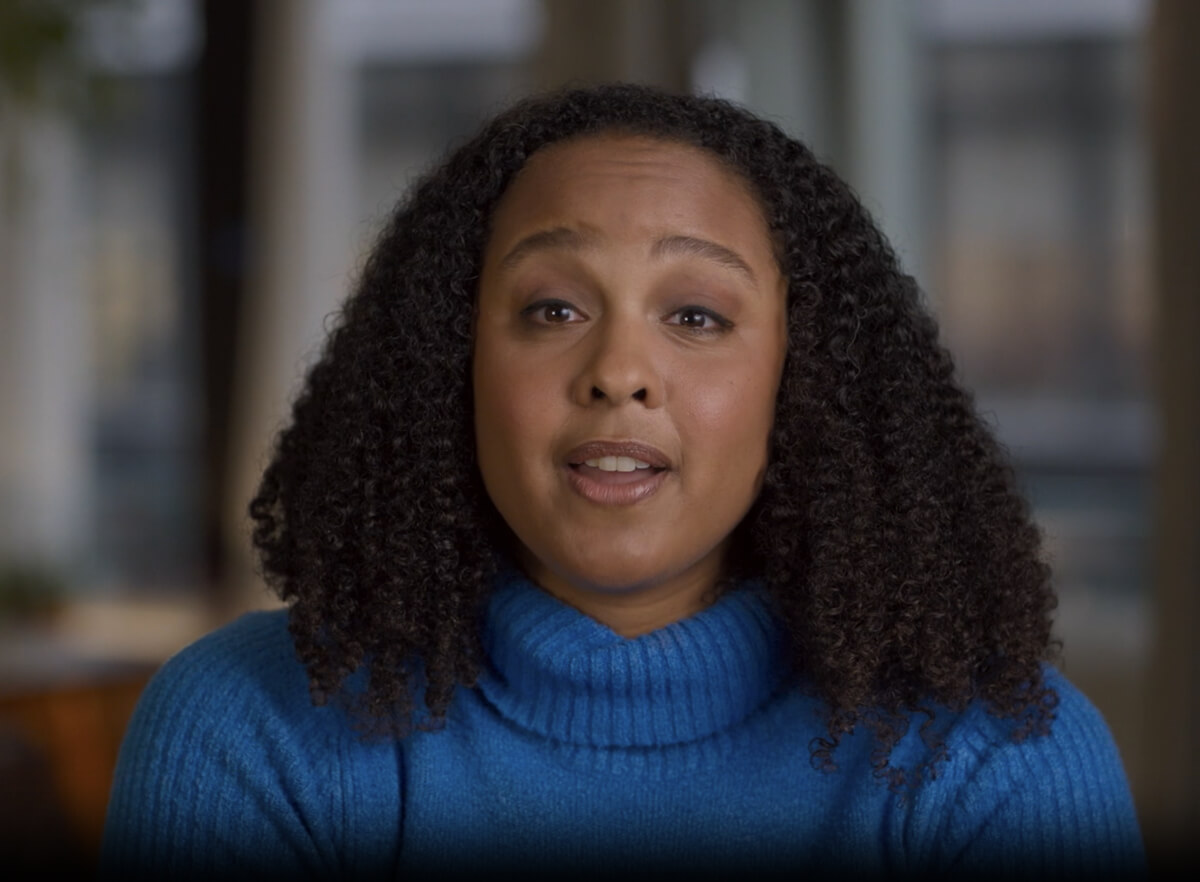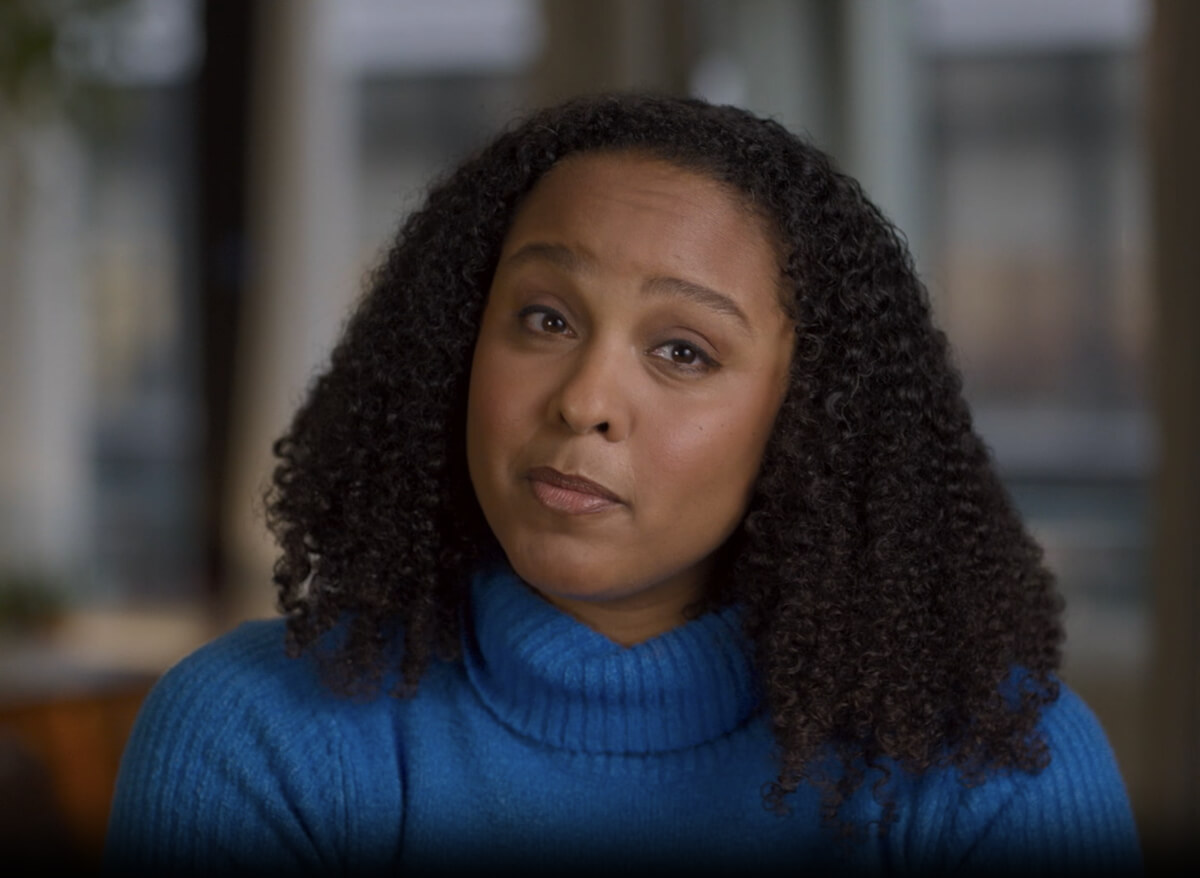Information for Veterans
On this page are answers to specific questions and concerns that Veterans may have about PTSD treatment and getting treatment. The good news is, all of the treatments in this PTSD Treatment Decision Aid have been shown to work for Veterans.
VA cares about treating PTSD
If you are enrolled in VA, you can ask your VA primary care provider for a referral to speak with a mental health clinician, or you can self-refer to mental health care. All VA Medical Centers provide specialty PTSD treatment, and many ocations offer additional programs, even residential treatment.
For information about your eligibility to get treatment at VA and the cost of this treatment, visit VA Health Care Enrollment and Eligibility or call 877-222-8387.
If you live far away from a VA facility, ask your clinician if you are eligible for these services:
- Video-teleconferencing. This allows patients to use a live, secure video connection to receive treatment from a provider who is at another location.
- The VA Community Care Program. This program allows qualifying Veterans to receive services from providers outside of VA.
- Reimbursement for travel to and from VA appointments.
- You might also consider Vet Centers, which are community-based counseling centers available to those who served in combat or experienced military sexual trauma.

AboutFace features the real stories of Veterans who have experienced PTSD, as well as their family members and VA treatment clinicians.
Hear from other VeteransPTSD treatments work, no matter if your trauma happened in combat, in service, or somewhere else.
Learn more about how treatment can help with military sexual trauma
You might have some concerns about getting treatment. Here are concerns some other Veterans have mentioned:
Will getting PTSD treatment affect my service connection rating?
Service-connected disability for PTSD is determined by the Compensation and Pension Service (C&P). C&P is an arm of VA's Veterans Benefits Administration: Compensation. This decision is not made by your PTSD provider.
Will a civilian clinician understand me?
You may have concerns that a clinician who is not a Veteran will not understand your experiences and feelings. Civilian providers in VA have lots of experience working with Veterans. They also receive specific training in military culture and in the top treatments for PTSD. Hear from a clinician and other Veterans about this concern, so you can feel confident your military service and experiences will be understood.

What if my provider is different than me?
Dr. Brittany Hall-Clark
0:26
If I get treatment, will I be taking a spot away from someone who needs treatment more than I do?
It is common to worry that if you get PTSD treatment, this could mean that another person will not get treatment or will have to wait to get treatment. If you start treatment, it does not mean that someone else will have to wait longer to get care. Many hospitals and health care facilities (including VA) have a system in place where patients who need it can get immediate treatment.
I have concerns about what people will think if they know I’m getting treatment.
It can be natural to worry about what others will think of you. Sometimes people hold a stigma, or negative view, about PTSD or other things they don’t understand. People with PTSD sometimes worry that if they get treatment that means they’re “crazy”. But getting treatment can actually help you be your best self. And any clinician, including non-mental health clinicians, can talk you through any fears you might have.

I'm worried what others will think
Dr. Brittany Hall-Clark
0:31
If I talk about my trauma, could I or other people get in trouble for it?
In most cases, what you tell your clinician during your mental health treatment visits is confidential. This means that, by law, your clinician cannot share this information with other people. Even if you disclose a crime, in most cases a clinician typically cannot share this information. However, there are a few exceptions to this rule, for example:
- Your clinician may be required to notify others if you have plans to hurt yourself or other people.
- Clinicians may be required to notify authorities if they learn about a situation of child abuse or elder abuse.
- In some states, clinicians may be required to release your treatment records if they receive a subpoena from a judge.
- If you are concerned about what your clinician will include in their session notes, you can ask them directly. They can often leave out trauma details.


